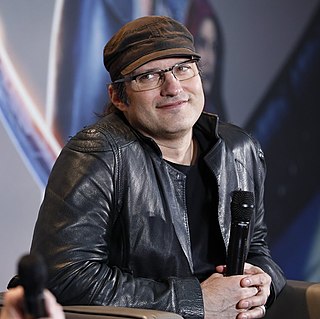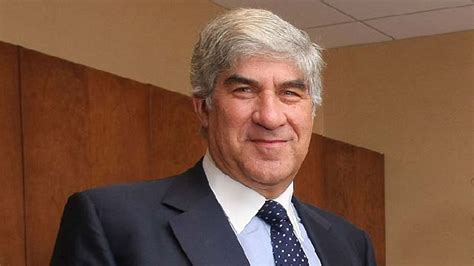A Quote by Edwin Catmull
We need business leaders who have a respect for technical issues even if they don't have technical backgrounds. In a lot of U.S. industries, including cars and even computers, many managers don't think of technology as a core competency, and this attitude leads them to farm out technical issues.
Related Quotes
Consider the many financial industry executives who walked away with many millions as their organizations failed - I think the expression is "failing upward." People also need to understand that their "technical" job performance is correlated with their career success, but again, many other factors such as educational credentials, length of service, and yes, political skills, also contribute to success. So people need to understand business and technical issues but they also need to master organizational dynamics.
Bio Life Technical's strategy of providing technical due diligence by expert professors from core disciplines and world class experts working with interdisciplinary institutes, such as Imperial College's Institute of Biomedical Engineering, will enable a more thorough scientific evaluation of the technology.
I know that I make technical mistakes from time to time. It's one of the aspects of my game that I've been working on for years. I think I've managed to reduce the number of those technical mistakes to a minimum, but occasionally, they happen. On the other hand, I do have moments of technical brilliance.
Whenever I enter a position, I have a predetermined stop. That is the only way I can sleep. I know where I'm getting out before I get in. The position size on a trade is determined by the stop, and the stop is determined on a technical basis... I never think about [stop vulnerability], because the point about a technical barrier - and I've studied the technical aspects of the market for a long time - is that the market shouldn't go there if you are right.


































